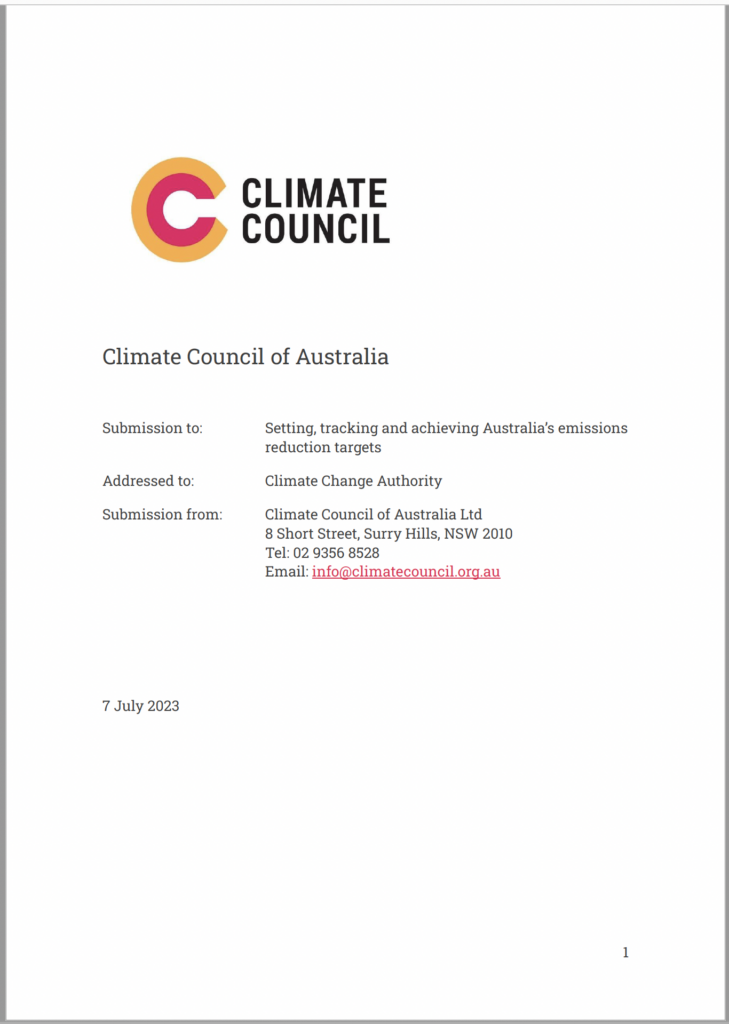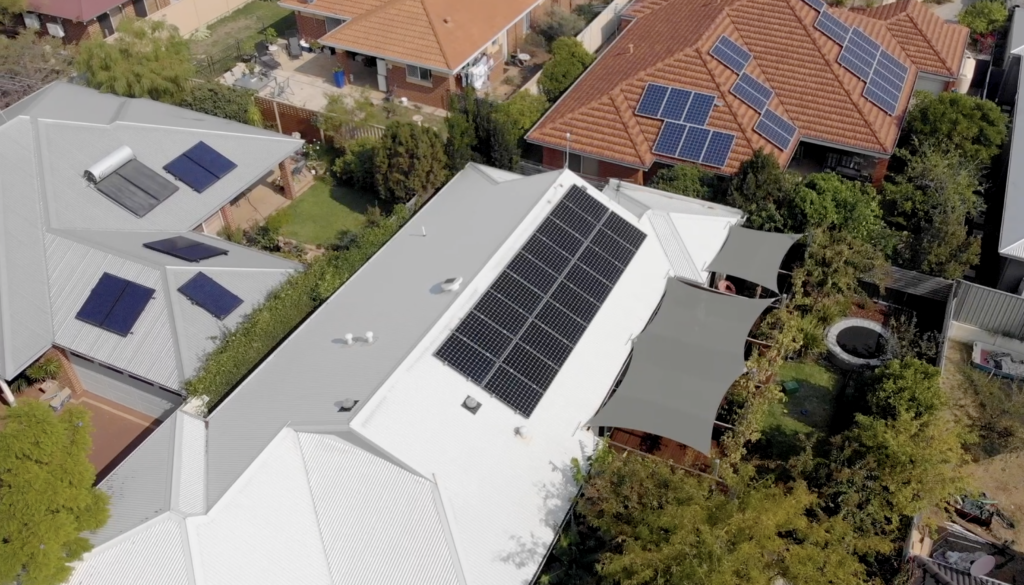As Australia continues our journey through this make-or-break decade for climate action, the importance of bold, independent, and science-based advice to Government, business and the community cannot be overstated.
The world has reached a precipice. After decades of inaction there is only a narrow path to securing a liveable future (IPCC 2023). The moment demands focused action at massive scale to achieve swift and genuine emissions reductions and build the clean and resilient economy of the future. Australia, as a major emitter with unmatched opportunities for clean energy solutions, can play a major positive role in efforts to tackle the global climate crisis.
The Authority has a uniquely important role to play in guiding Australia’s decarbonisation journey. There will be many voices inserting politically or commercially motivated advice on targets into the national debate, working to protect particular interests, or hold back action. Success therefore depends on the provision of strong and unfiltered, science-based advice that never shies from communicating the true scale of the task and Australia’s responsibilities, nor the immense opportunities with which Australia is blessed.
The Climate Council welcomes the opportunity to share some of its recommendations for transforming our energy and transport systems, and for practical steps to support households and businesses with electrification and energy efficiency.
While there is strong support for more action, the risk of delay and false solutions is real and potentially catastrophic. Success depends on the provision of strong, independent and science-based advice.
Summary of Recommendations
Recommendation 1
The Authority’s Strategic Framework must have science at its heart. The Authority must at all times provide independent, science-based advice free from political or commercial interests.
Recommendation 2
Australia should set a target of net zero emissions by 2035. This should be achieved primarily through absolute (gross) emissions reductions.
Recommendation 3
As part of the 2035 target setting process, the Authority should provide advice on an updated 2030 target for Australia. Based on the latest science and our obligations under the Paris Agreement, Australia should aim to reduce our emissions to 75% below 2005 levels by 2030.
Recommendation 4
At all times, priority must be placed on genuine emissions reductions, with use of offsets minimised and accounted for separately. In its advice on targets, the Authority should specify the amount by which emissions need to be concretely reduced, place a strict limit on what can be offset, and set separate targets for carbon removals.
Recommendation 5
The Authority’s advice should cover Australia’s role beyond our borders and the full extent of Australia’s responsibility to support international climate cooperation. This should include advising on targets for reducing fossil fuel production and export, and on the provision of international support for mitigation, adaptation and addressing loss and damage.











